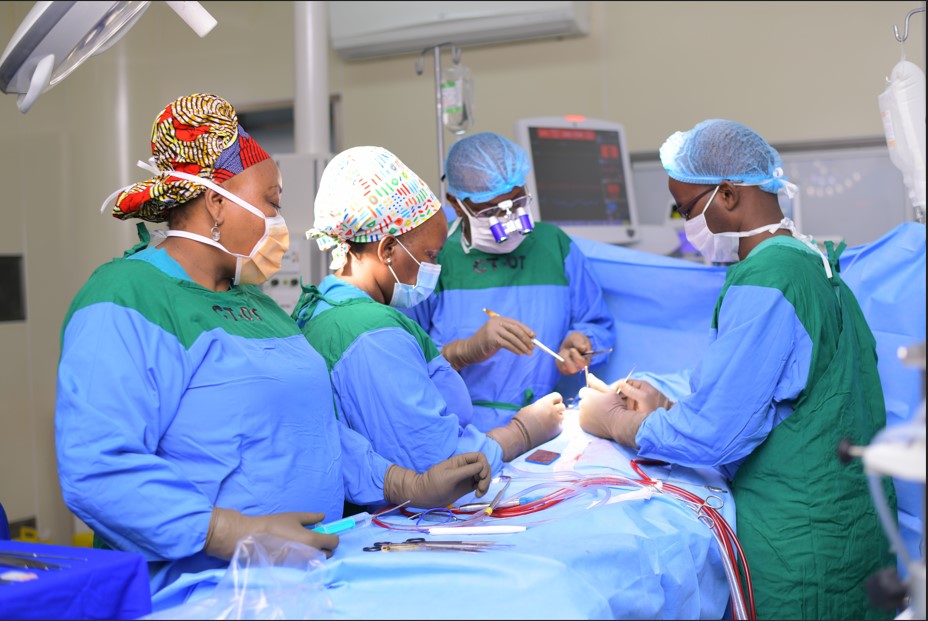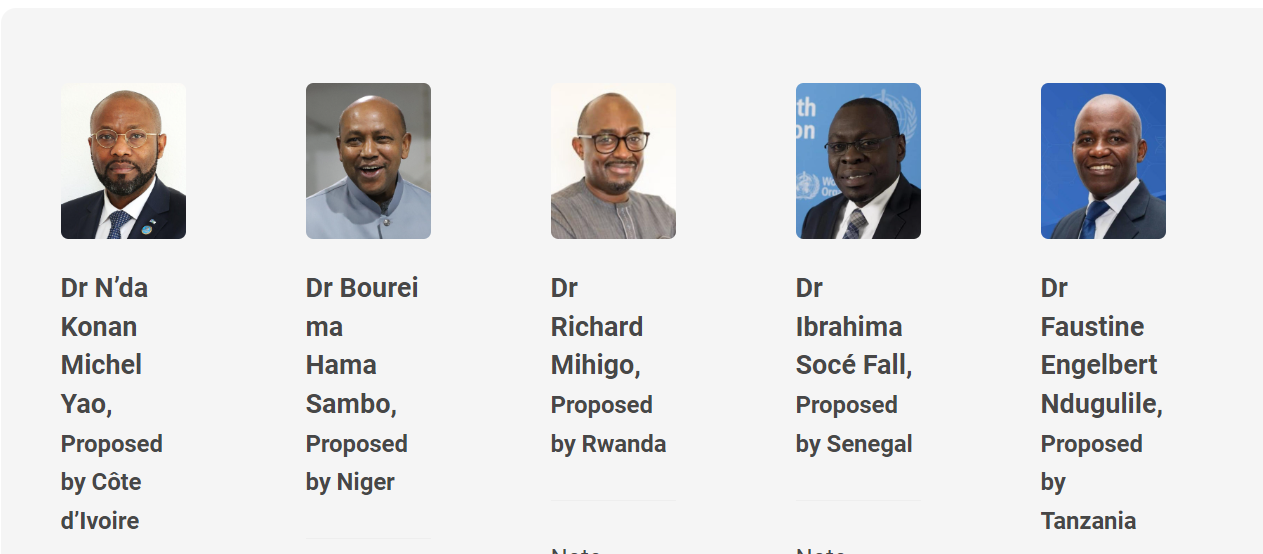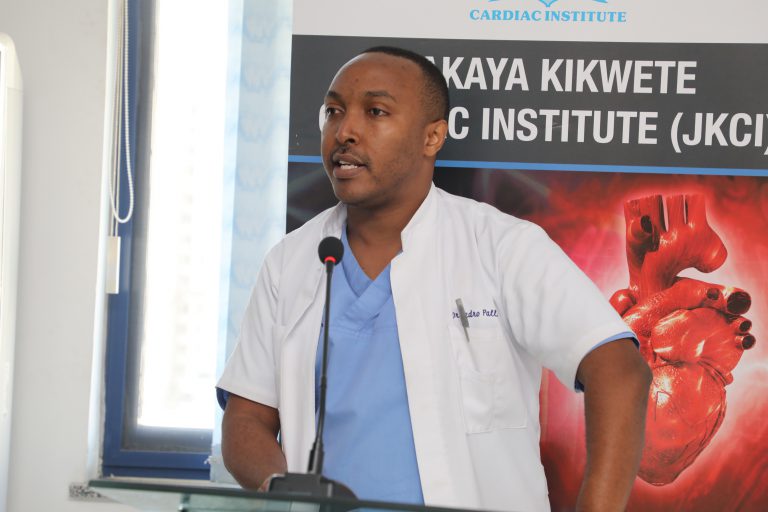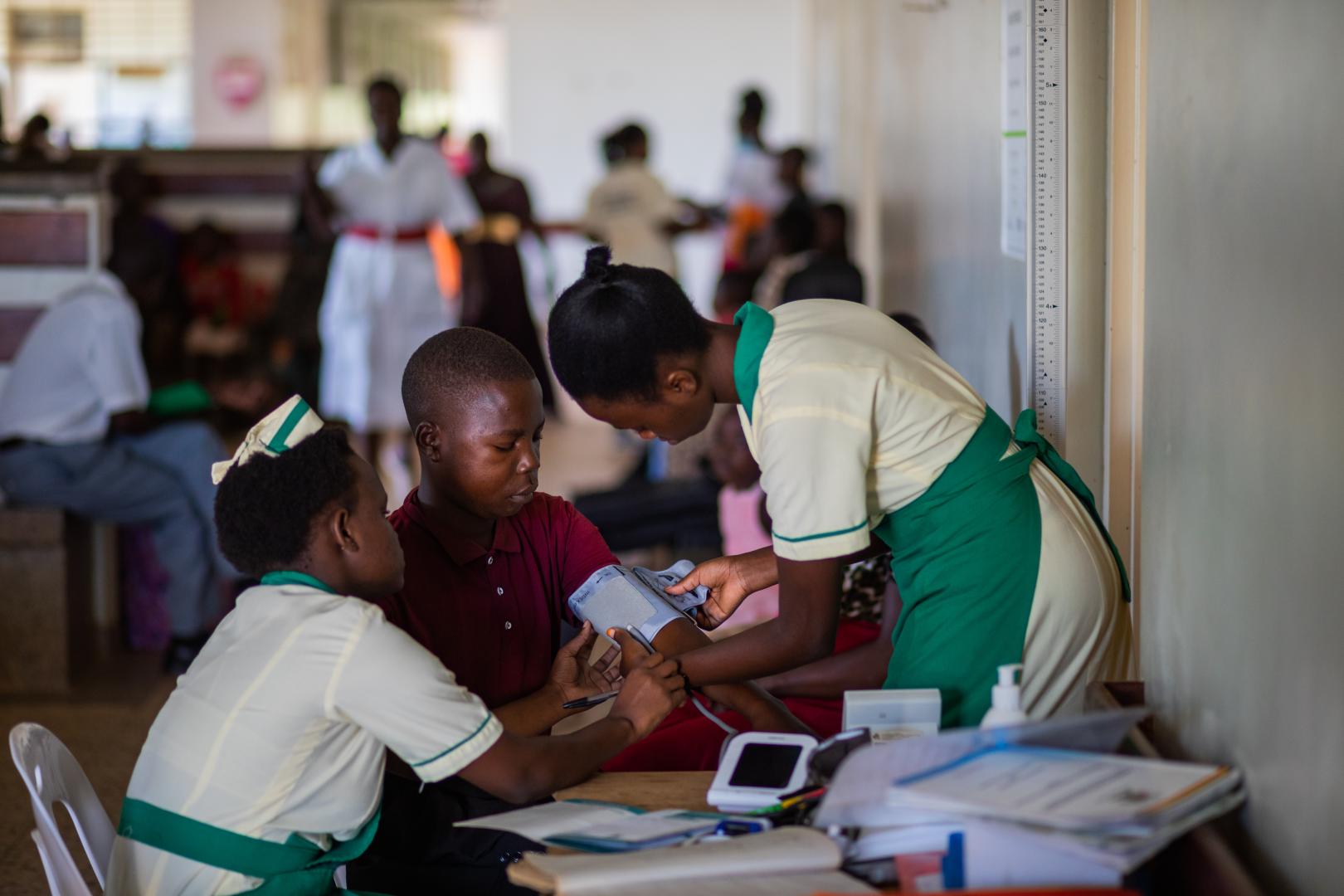The survival of children undergoing heart surgery in Tanzania could be significantly improved if healthcare providers pay close attention to certain risks they can control before, during, and after the operation, says a new study.
The study involved 210 children aged 1 month to 15 years who had heart surgery.
Between July 2022 and March 2023, the researchers from Muhimbili University of Health and Allied Sciences (MUHAS) collected data from the Jakaya Kikwete Cardiac Institute(JKCI), the largest super-specialized cardiac center in Tanzania, where about 250 children with heart defects undergo heart surgery every year.
The study, published on Monday (June 16) in the Health Science Reports found that about 1 in 10 of these(210) children developed serious kidney problems and this accounted for 87.5% of deaths after cardiac surgery.
Experts say a person’s kidneys may suddenly stop working properly after they've had heart surgery. When kidneys are injured, it could lead to various health problems and increase risks like longer hospital stays and even death.
The MUHAS study found that children who underwent heart surgery were much more likely to die and stay longer in intensive care, especially if they had low blood pressure, received platelet transfusions, or needed long-term breathing support during or after their operation.
Heart diseases affect millions of children worldwide, including both conditions they are born with and those they acquire later, according to World Heart Federation.
The researchers wanted to find out how often children having heart surgery at the JKCI developed serious kidney problems. They also wanted to figure out what put these children at risk and how these kidney issues affected their recovery and overall time in the hospital.
Generally, kidney injury associated with cardiac surgery is reported more often in richer countries (41% to 53% of cases) than in developing ones (9.3% to 37.3%). This gap likely exists because wealthier nations have better tools, like biomarkers making them more likely to spot the problem.
The challenges faced by Tanzanian healthcare providers in managing these children highlights the complexities of delivering optimal care in settings with limited resources, says the lead researcher Dr. Joyce Gimonge, a Pediatrician from the Department of Pediatrics and Child Health at MUHAS.
To boost the child’s survival chances, Dr. Gimonge and her team recommend that healthcare providers carefully manage three key areas: low blood pressure during surgery, platelet transfusions during the operation, and long periods on a breathing machine after surgery.
However, they emphasize that achieving this crucial level of care requires adequate resources, explaining why the practice may not be fully implemented during management at a major hospital in Tanzania.
“Often, there simply aren’t enough healthcare providers to ensure the proper, consistent documentation of vital signs, including crucial details like urine output. Similarly, frequent and essential monitoring, such as serial Arterial Blood Gas (ABG) tests, can be challenging to perform regularly,’’
Dr. Joyce Gimonge, Paedriatician at Muhimbili University of Health and Allied Sciences(MUHAS)
The authors have called for interventions to evert deaths among children undergoing cardiac surgery.
“By tackling these modifiable risks, we can reduce the harm from kidney injury after cardiac surgery and help more children recover and survive, especially in countries with fewer resources,” said a co-author of the study Dr. David Muhunzi from the School of Clinical Medicine at MUHAS.
The authors admit that their study focused only on kidney issues and didn’t explore other reasons why children might die or stay long in the hospital. Dr. Gimonge, termed this as “a limitation” but urged for broader and more comprehensive studies in the future to fully understand all contributing factors and further improve patient outcomes.
Reference
Gimonge, J., Muhunzi, D., Edward, Z., & Kisenge, R. (2025). The incidence, associated factors and in-hospital outcomes of cardiac-surgery-associated acute kidney injury among children undergoing cardiac surgery at Jakaya Kikwete Cardiac Institute. A hospital-based prospective cohort study. Health Science Reports. https://doi.org/10.1002/hsr2.70923









